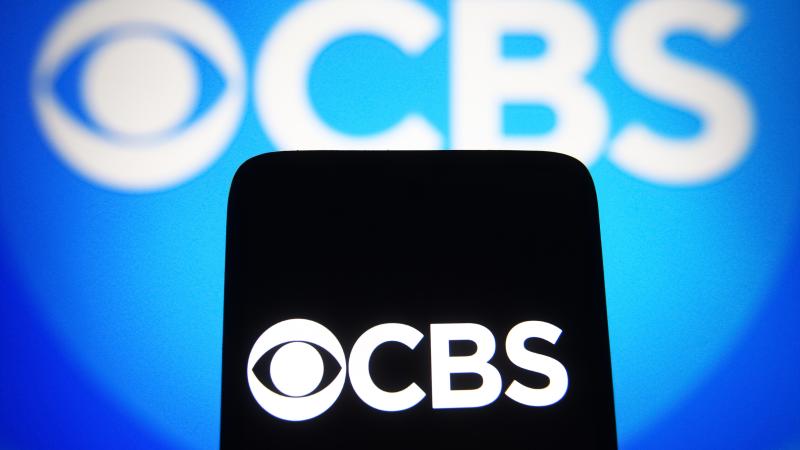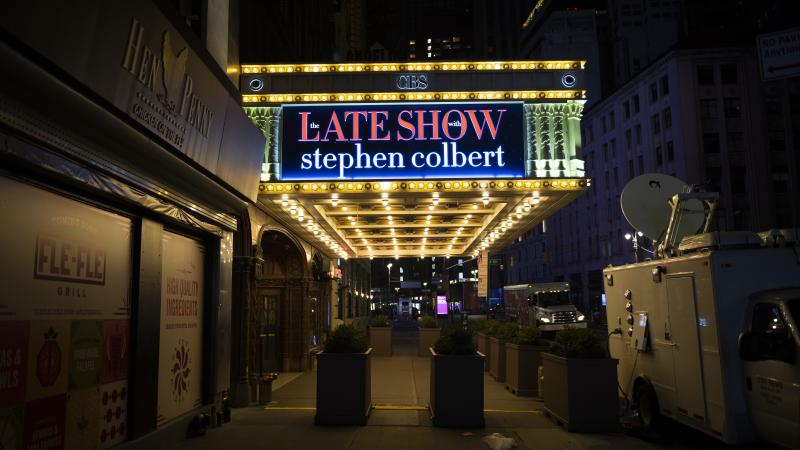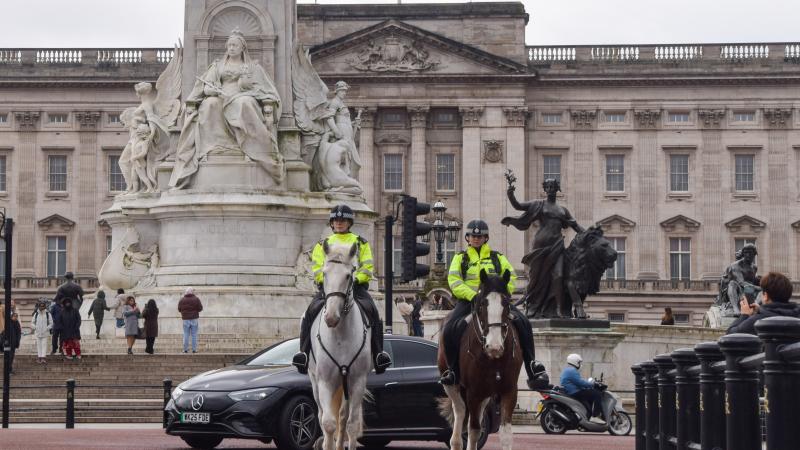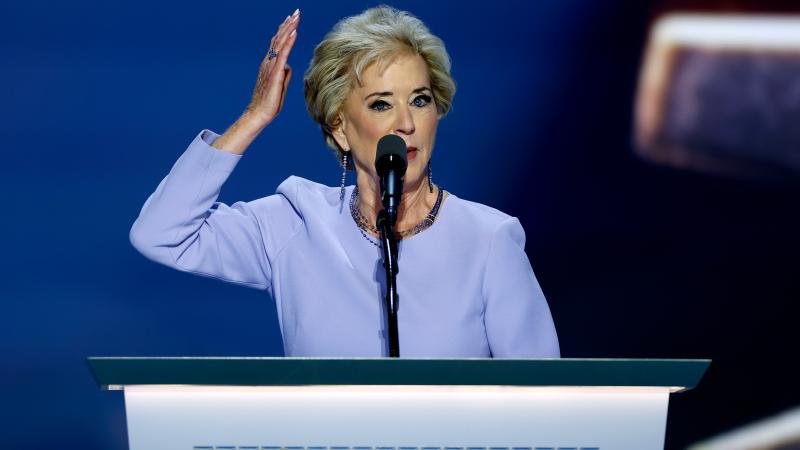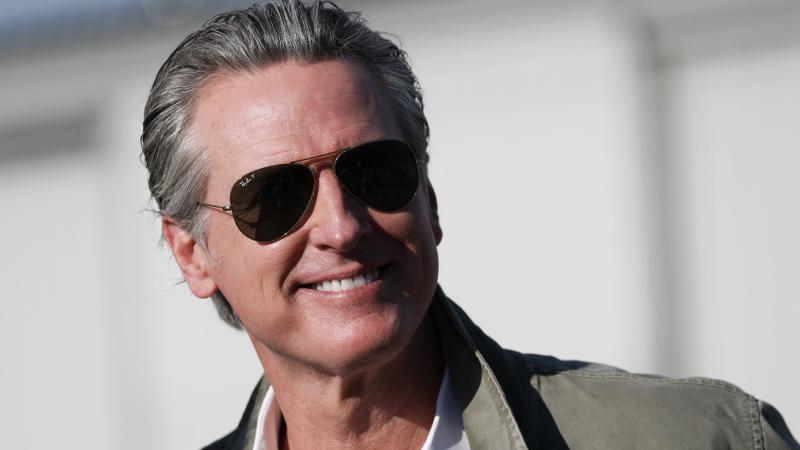'Pure retaliation': Ivy League school threatens conservative student paper behind mini-DOGE
Brown Spectator publisher Alex Shieh made an ad against the university and is paying out of his own pocket to broadcast it in Rhode Island. "Late-breaking" trademark charge called "smokescreen" to punish expression.
The Rhode Island House accused the Brown Daily Herald of communism and treason for its editorial campaign encouraging pacifism during World War II, but unlike its new conservative-libertarian rival, the Herald has apparently never been accused of infringing the trademark of the Ivy League school it covers.
Like the Herald, the Brown Spectator is a nonprofit financially independent of the university, but only the latter's leaders face discipline for putting the word "Brown" in its name.
Brown University expanded its trademark infringement charge beyond Spectator publisher Alex Shieh, who got in trouble for creating the Bloat@Brown database of diversity, equity and inclusion jobs but whose charges keep mutating like a "potentially" engineered virus.
It's now accusing the nascent newspaper's three-member board, which includes Shieh, of trademark violation while ignoring the Herald, Shieh wrote on X on Friday. Both rely on "the doctrine of descriptive fair use … There’s a reason every student newspaper in the country alludes to their school in its name without issue."
Adding new respondents delayed Shieh's hearing from May 2 to May 7, where "nothing eventful" happened and no decision was reached, he told Just the News. "Essentially I just explained why I was not responsible" for the charges.
The escalation drew notice from the House Judiciary Committee, which posted the "eyes" emoji in response to Brown's charges against the Spectator board, and Texas GOP Rep. Troy Nehls, sponsor of the Endowment Tax Fairness Act (HR 446), which would raise the excise tax on university endowments from 1.4% to 21%. Brown's endowment is $7.2 billion.
"Penalizing a student for what appears to be an attempt to understand the university's administrative structure raises serious questions about the institution's commitment to open inquiry and the tolerance of dissenting viewpoints," Nehls told university President Christina Paxson.
He implied Brown's tax-exempt status was in doubt – President Trump said he would remove Harvard's the same day — and asked Paxson to "reconsider any disciplinary action" against Shieh and to explain how Brown uses its endowment to "improve the student experience or bring down the cost of tuition," Shieh's primary gripe about the university.
The flap previously caught the eye of Elon Musk, whose Department of Government Efficiency "what did you do last week?" emails were the inspiration for Shieh's audit of the Brown administration for legally questionable DEI, redundant and "bullsh*t" jobs.
Shieh told Just the News he's using his own "personal funds" to run what he calls the "first-ever collegiate TV attack ad" against Brown.
It's already run on X and YouTube, and Shieh's trying to get a slot in the Providence TV market, whose rates he says are "surprisingly affordable for running a 30 second spot just once."
Procedures followed in 'complete accordance with free expression guarantees'
The Brown administration has emphasized the fairness of the disciplinary process rather than defend the shifting charges against Shieh or rebut the appearance of selective enforcement of its trademarks against a student media organization that detailed its DEI bureaucracy and deemed it responsible for the $510 million federal freeze to Brown's funding.
"We do not adjudicate alleged conduct code violations via the news media," Vice President for News and Strategic Campus Communications Brian Clark wrote in an email when asked why the university hasn't gone after the 134-year-old Herald for violating its trademark.
Brown has followed its "detailed procedures" to investigate and resolve alleged code violations and "implement discipline" when students are found responsible, Clark wrote. "Students have ample opportunity to provide information and participate directly in that process."
It's in "complete accordance with free expression guarantees and appropriate procedural safeguards under Brown policies and applicable law," he said.
"Brown’s Code of Student Conduct is also publicly available and defines, among other prohibited conduct, violation of operational rules," Clark said, referring to the only consistent charge against Shieh, that he posted employee data improperly.
Brown's information technology department conceded it couldn't trace improper access to Shieh, however, and the university's updated charge letter implied he didn't post anything confidential. Shieh has maintained he used the "internal org chart" of employee relationships, and Bloat@Brown says its algorithm scours public sources.
The original charges of misrepresentation, for Shieh identifying himself as a reporter for "a student organization that is not currently recognized by the University" — neither is the Herald — and "emotional harm" against named employees have been dropped.
'No more than a smokescreen' to punish expression
The Foundation for Individual Rights and Expression, which has championed Shieh's cause, wrote a second letter to Brown on May 2 accusing the university of never giving Shieh "sufficient notice of what part of the policy he is alleged to have violated" or "sufficient evidence that he violated any section of the policy," contrary to Clark's claims.
Associate Dean Kirsten Wolfe gave Shieh the trademark charge less than 48 hours before his disciplinary hearing, which "strongly suggests" the issue is "no more than a smokescreen for Brown’s desire to punish Shieh for his expression," campus rights program officer Dominic Coletti told university Executive Vice President Russell Carey.
Not only did Brown not register its name as a "wordmark for use with media publications," but its own "expressive guarantees" prevent the university from punishing Shieh on that basis and courts have "repeatedly" ruled the First Amendment protects using trademarked names "for non-commercial purposes with no substantial likelihood of confusion," Coletti wrote.
The Herald has used the "wordmark prominently" without accusation from the university "despite having been registered as a non-profit outlet independent of the university for 50 years," he said. Brown's "late-breaking attempt" against Shieh is "pure retaliation."
The Herald did not answer queries about whether Brown ever accused it of trademark infringement.
The Facts Inside Our Reporter's Notebook
Videos
Links
- accused the Brown Daily Herald of communism and treason
- Bloat@Brown database of diversity, equity and inclusion jobs
- charges keep mutating
- "potentially" engineered virus
- Shieh wrote on X
- posted the "eyes" emoji
- Texas GOP Rep. Troy Nehls
- HR 446
- President Trump said he would remove Harvard's the same day
- Department of Government Efficiency "what did you do last week?" emails
- Shieh's audit of the Brown administration
- "first-ever collegiate TV attack ad"
- $510 million federal freeze to Brown's funding
- investigate and resolve alleged code violations
- Code of Student Conduct
- second letter to Brown May 2
